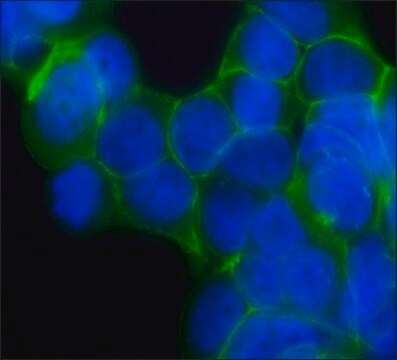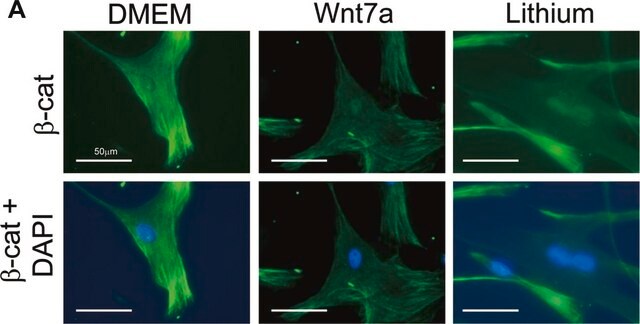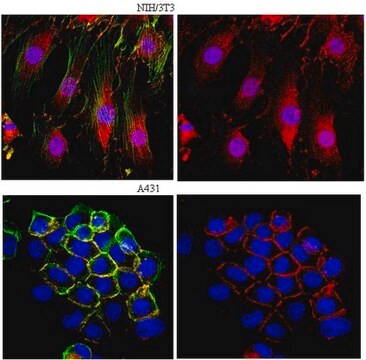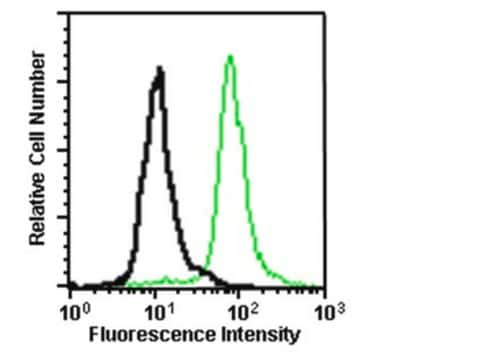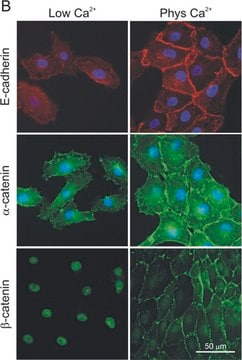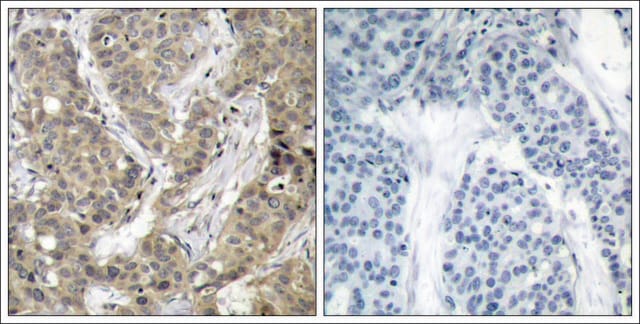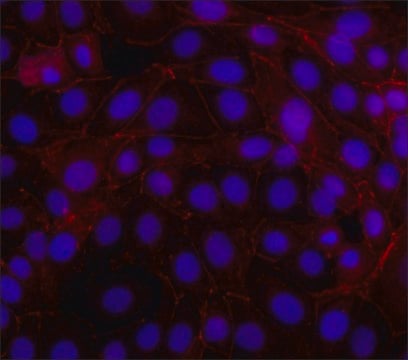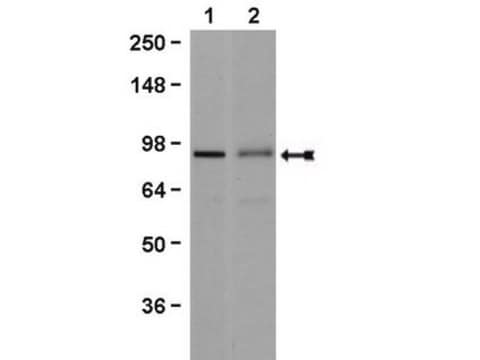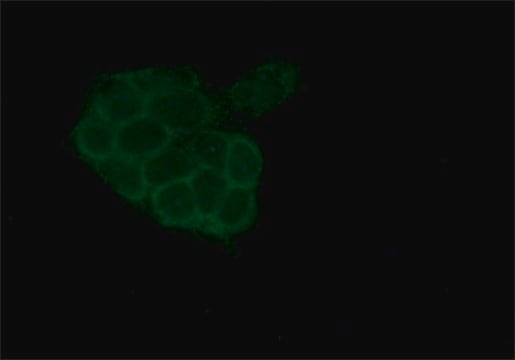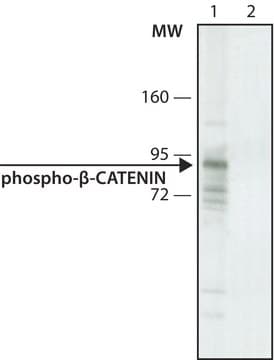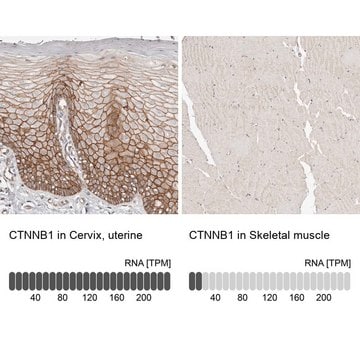C2206
Anti-β-Catenin antibody produced in rabbit
whole antiserum
Synonym(s):
Anti-CTNNB, Anti-EVR7, Anti-MRD19, Anti-NEDSDV, Anti-armadillo
About This Item
ICC
IHC
WB
immunocytochemistry: 1:2,000 using cultured MDBK cells
immunohistochemistry: 1:2,000 using bovine kidney frozen sections
western blot: 1:4,000 using cultured MDBK cells
Recommended Products
biological source
rabbit
Quality Level
conjugate
unconjugated
antibody form
whole antiserum
antibody product type
primary antibodies
clone
polyclonal
mol wt
antigen 88-94 kDa
contains
15 mM sodium azide
species reactivity
several mammalian species
packaging
antibody small pack of 25 μL
technique(s)
dot blot: suitable using the immunogen and related peptides conjugated to BSA
immunocytochemistry: 1:2,000 using cultured MDBK cells
immunohistochemistry: 1:2,000 using bovine kidney frozen sections
western blot: 1:4,000 using cultured MDBK cells
application(s)
research pathology
shipped in
dry ice
storage temp.
−20°C
target post-translational modification
unmodified
Gene Information
human ... CTNNB1(1499)
mouse ... Ctnnb1(12387)
rat ... Ctnnb1(84353)
General description
Specificity
Immunogen
Application
- co-immunoprecipitation
- immunoblotting
- immunofluorescence
- immunoperoxidase assay
Biochem/physiol Actions
Disclaimer
Not finding the right product?
Try our Product Selector Tool.
Storage Class Code
12 - Non Combustible Liquids
WGK
nwg
Flash Point(F)
Not applicable
Flash Point(C)
Not applicable
Choose from one of the most recent versions:
Certificates of Analysis (COA)
Don't see the Right Version?
If you require a particular version, you can look up a specific certificate by the Lot or Batch number.
Already Own This Product?
Find documentation for the products that you have recently purchased in the Document Library.
Customers Also Viewed
Articles
Cancer stem cell media, spheroid plates and cancer stem cell markers to culture and characterize CSC populations.
Cancer stem cell media, spheroid plates and cancer stem cell markers to culture and characterize CSC populations.
Cancer stem cell media, spheroid plates and cancer stem cell markers to culture and characterize CSC populations.
Cancer stem cell media, spheroid plates and cancer stem cell markers to culture and characterize CSC populations.
Our team of scientists has experience in all areas of research including Life Science, Material Science, Chemical Synthesis, Chromatography, Analytical and many others.
Contact Technical Service

